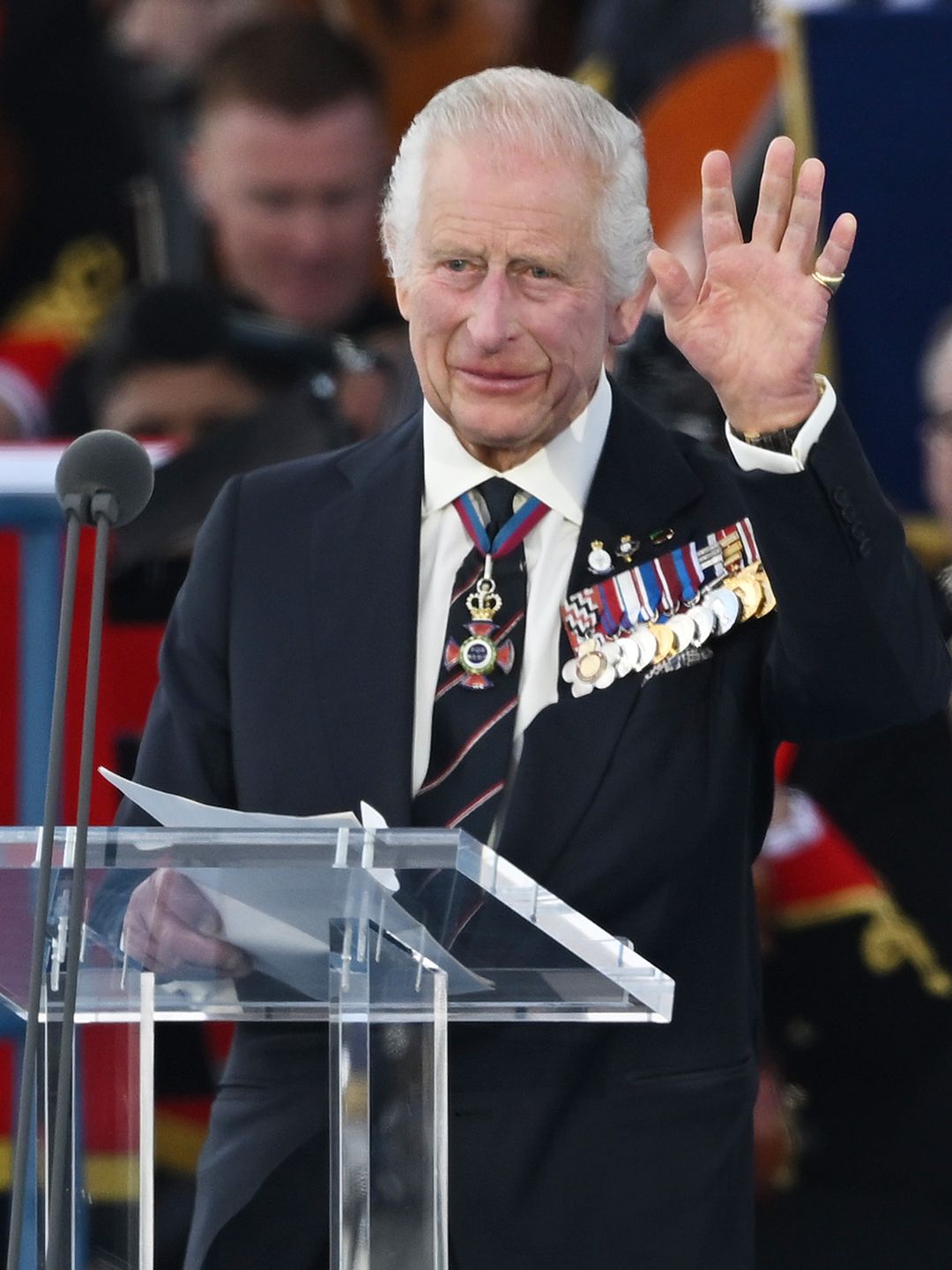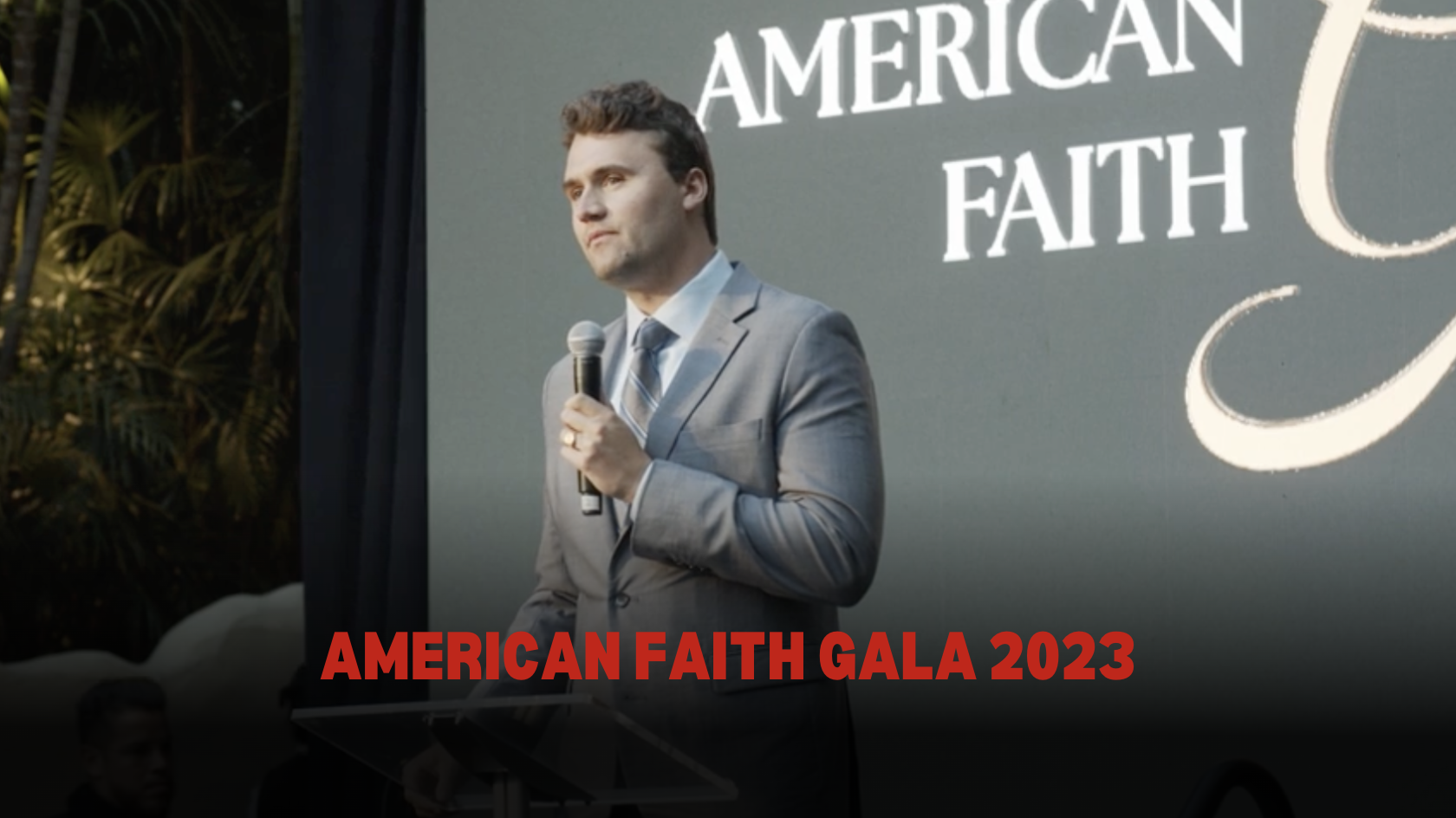👑 The Silent Dethroning: How Catherine Rose as Camila’s Crown Slipped
A Routine Speech that Changed Everything
What should have been an ordinary royal address from King Charles turned into the spark of a silent revolution. His words — “It is she who now stands as the guiding light for the future of this realm”
That single line shifted the palace’s balance of power. Camila’s smile froze, her grip tightened on the crown she had fought decades to wear. But across the hall, Catherine didn’t even move. She didn’t have to. The people had already crowned her.
The Queen Who Wasn’t Named
Camila’s life had been a long, painful climb into royal acceptance. She survived scandal, endured vilification, and finally claimed her place beside Charles. But at that moment, silence spoke louder than ceremony. By naming Catherine as the monarchy’s “guiding light,” Charles had done what no critic or scandal could — he had diminished his wife without stripping her title.
And Catherine? She wasn’t campaigning. She wasn’t demanding. She was simply being what Diana had once been — a presence that captured trust effortlessly.
The Banquet Snub and the Emerald Response
The tension grew sharper when Camila allegedly excluded Princess Charlotte from a state banquet. For Catherine, it was more than protocol — it was personal. Instead of protest, she arrived alone in an emerald gown, her calm defiance outshining the queen’s carefully staged evening.
Seated away from the head table, Catherine still commanded the room. Diplomats leaned in. Whispers circled. And when a toast was made to “the future of the crown,” every eye turned to her, not to Camila.
Catherine never spoke a word. Yet she had said everything.
The Mother’s Silent Rebellion
The snub wasn’t just about politics; it was about family. Behind palace doors, Catherine comforted her daughter with the quiet resolve of a mother unwilling to see her child erased.
Weeks later, she delivered her answer not with a statement but with an appearance. At a youth awards ceremony, she walked on stage with Charlotte by her side. Smiling, confident, hand in hand. The audience erupted. A princess in training had reclaimed her place — and the world saw who had restored it.
Camila’s Fading Grip
For Camila, the crown grew heavier. The more she clung to control, the less influence she carried. Protocol could secure her seat, but not the people’s hearts. Every headline praising Catherine was a reminder: authority can be granted, but affection must be earned.
Charles, too, seemed to shift. His gaze lingered on Catherine, not with romance but with recognition — a sense that Diana’s legacy had returned through her daughter-in-law. For Camila, that truth cut deeper than any tabloid attack.
Catherine’s Quiet Revolution
The brilliance of Catherine’s rise is that it wasn’t a rebellion. It was patience, dignity, and grace. She didn’t demand loyalty. She inspired it. She didn’t fight for the spotlight. It found her.
The crown still sits on Camila’s head. But in the hearts of the people, the monarchy already orbits Catherine. Her strength lies not in ambition but in authenticity — the rarest jewel of all.
Charlie Kirk’s Enduring Legacy: Courage and Faith Above All


When public figures pass, their lives are often summed up in headlines that highlight careers, controversies, and achievements. But for Charlie Kirk
Those words now resonate with a weight that cannot be ignored. For his supporters, critics, and even those who only knew his name in passing, they offer a window into the soul of a man who saw faith not as accessory, but as foundation.
Faith as the Guiding Principle
Charlie Kirk’s life in the public eye was marked by debates, rallies, and cultural clashes. Yet beneath the noise, faith was the compass. He often spoke of prayer as a daily discipline, a way of aligning his steps with something greater than himself.
Unlike many who chase recognition or titles, Kirk believed that true success wasn’t about being celebrated in the moment, but about being faithful over a lifetime. He saw faith as the anchor that allowed him to withstand criticism, and courage as the evidence of that faith in action.
For those in their fifties and sixties reading his story, this philosophy strikes a familiar chord. It echoes a generation raised to value conviction over convenience, truth over popularity, and endurance over applause.
Courage in a Divided World
To speak boldly in today’s climate is to invite both admiration and attack. Charlie Kirk knew this, yet he rarely flinched. His courage was not recklessness; it was conviction.
He often reminded audiences that faith without courage is fragile. To believe is one thing, but to live out that belief in public — amidst scrutiny, opposition, even hostility — is another. For Kirk, courage was not a choice; it was the natural outflow of faith.
This was the legacy he hoped to leave: not a record of unchallenged victories, but a testimony that he stood, even when standing was hard.
The Measure of a Man
It is easy to define a man by what he built — organizations, speeches, followers. Yet Charlie himself pointed elsewhere. He wanted to be defined not by the size of his platform, but by the strength of his convictions.
Those closest to him recall his humility in private moments. Despite his public stature, he understood that life’s ultimate measure was not what people thought of him, but how faithfully he honored God and served his family. In this, he aligned with a truth familiar to many: at the end of life, titles fade, but character remains.
A Legacy for the Next Generation
In his words about faith and courage, Charlie Kirk left a roadmap not just for his children, but for anyone willing to listen. The roadmap is not flashy, nor is it easy. It calls for living with integrity when compromise would be simpler, for standing with conviction when silence would be safer, and for anchoring life in faith when doubt presses hardest.
For his family, this legacy is bittersweet. They mourn the loss of a husband and father, yet they inherit the gift of his example. For his supporters, it is a challenge: to carry forward the courage he displayed. For his critics, it is at least a reminder that behind the public persona was a man of deep belief.
Faith That Outlasts Fame
History is filled with names once shouted from podiums that have since faded into obscurity. But faith — genuine, lived-out faith — endures. It weaves itself into families, communities, and generations.
Charlie Kirk’s name may forever stir debate. But his own desire was simple: that when people remembered him, they would not remember the controversies first, but the courage he showed in clinging to his faith.
For many older Americans reflecting on his life, this is the heart of the matter. Fame is fleeting. Faith is forever.
Conclusion: Courage Remembered
Charlie Kirk’s life was complex, his career controversial, his influence undeniable. But in his own words, the most important truth was simple:
And perhaps, in the end, that is the message that matters most. Courage in faith is not measured by applause, but by endurance. And though he is gone, his example calls others to live with the same resolve.
May he be remembered not just for the battles he fought, but for the faith he carried. For in that faith lies the truest, most lasting legacy of all.










